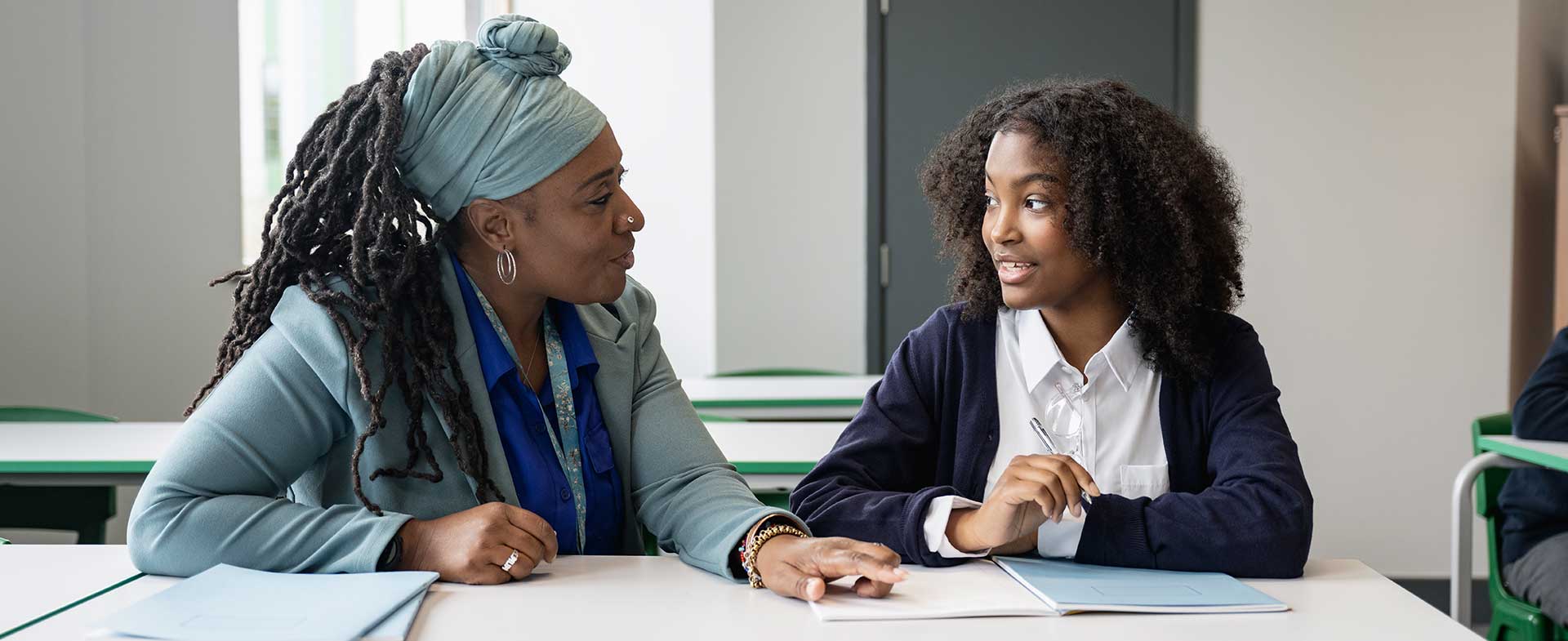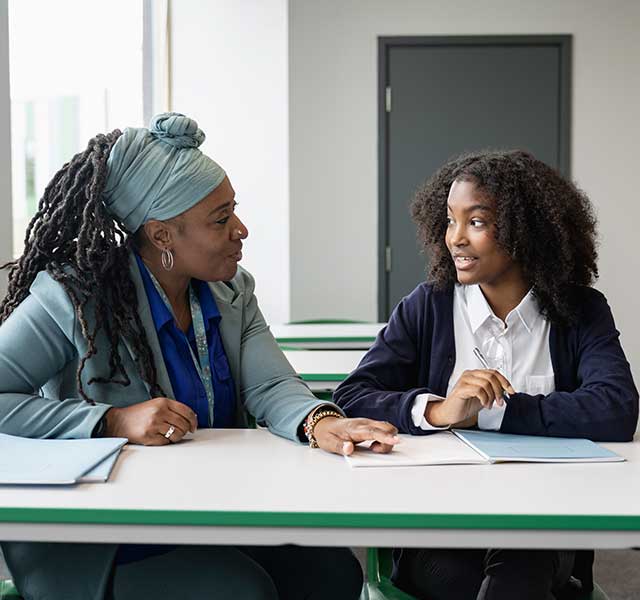Cancer survivors of any age face emotional distress, but those who are diagnosed with cancer at a young age may be even more susceptible to it. A recent Henry Ford Health study showed that cancer survivors who were diagnosed at age 34 and younger experience a higher level of emotional distress than cancer survivors who were diagnosed at age 35 and older.
“For this study, cancer survivors of all ages completed a questionnaire about their distress level,” says Eric Adjei Boakye, Ph.D., an assistant scientist at Henry Ford Health. “Survivors rated how often during the previous 30 days they felt nervous, hopeless, worthless, sad, restless and/or fidgety. Cancer survivors diagnosed as AYAs (adolescents and young adults) rated higher in their distress level than those diagnosed as middle or older adults."
While there were limitations—such as inability to adjust for the stage of cancer—in general, the lower the stage at diagnosis, the higher the distress. “Those who have a higher stage at diagnosis tend to more readily accept their reality,” says Dr. Adjei Boakye. “But someone with stage 1 breast cancer, for example, might know they’ll likely survive, but now they’re worried whether they’ll get another cancer in the future, or whether their cancer will come back.”
Why Are Young Cancer Survivors More Emotionally Affected?
Cancer in young people is perhaps more of a shock: young people are supposed to be healthy, they have their whole lives ahead of them. They’re not “supposed to” get cancer.
“There’s also a fear of recurrence,” says Dr. Adjei Boakye. “Once you have cancer, there is a risk the cancer might come back. And survivors diagnosed as AYAs are likely to live longer, so that fear of recurrence is strong.”
They also deal with social issues/stressors. Young people are usually affected by physical reminders of their cancer, whether it’s hair loss from chemotherapy or a scar from a facial surgery. “There are also issues such as thinking about starting a family, infertility and disability concerns,” says Dr. Adjei Boakye. “All of these things just tend to affect younger people more than older people.”
One interesting finding from the study is that survivors diagnosed as AYAs reported a similar level of emotional distress as young people without a cancer diagnosis.
“This was really surprising,” says Dr. Adjei Boakye. “But it just goes to show that young people face a lot of stress as whole in the country, especially these days. There’s social media pressure (i.e., trying to look a certain way especially for younger females), pandemic pressure, existential pressures—there are so many things in society that’s contributing to everyone being stressed.”
How To Support Your Mental Health
Nevertheless, whatever age you’re diagnosed with cancer, seeing a mental health specialist is so important. “Psychological support and counseling should be provided for all cancer survivors, but that’s not enough,” says Dr. Adjei Boakye. “It’s been shown that emotional support from friends and family plays a big role in quality of life. We tend to focus on physical support—driving to and from the hospital, picking up groceries, making meals—but it turns out that cancer survivors often care even more about emotional support than physical support. Having someone to hug or confide in can go a long way.”
Studies show that those with cancer have a better response to treatment when mental health symptoms are treated or managed, says Michael Ryan, Psy.D., clinical director of supportive oncology services at Henry Ford Health. She recommends resources like Stupid Cancer, Imerman Angels and Cancer Support Community, which can be helpful in many ways—not least of all by connecting you with others who are going through a similar diagnosis.
“I also tell patients to try to not let their lives become consumed by cancer,” says Dr. Ryan. “Continue to live your life and remain centered in the moment so that you experience life instead of spending hours worrying about the what-ifs.”
And watch out for certain signs that you may need help. “Cancer survivors tend to normalize a lot of things and might ignore warning signs,” says Dr. Adjei Boakye. “If you’re having anxious thoughts, if you’re sad for a prolonged period of time, if you’re having any kind of depressing or suicidal thoughts, it doesn’t hurt to reach out to a professional.”
To make an appointment with a cancer specialist, visit henryford.com/cancer or call 888-777-4167.
Eric Adjei Boakye, Ph.D., is an assistant scientist in the Department of Public Health Sciences at Henry Ford Health.
Michael Ryan, Psy.D., is the clinical director of supportive oncology services at Henry Ford Health.



